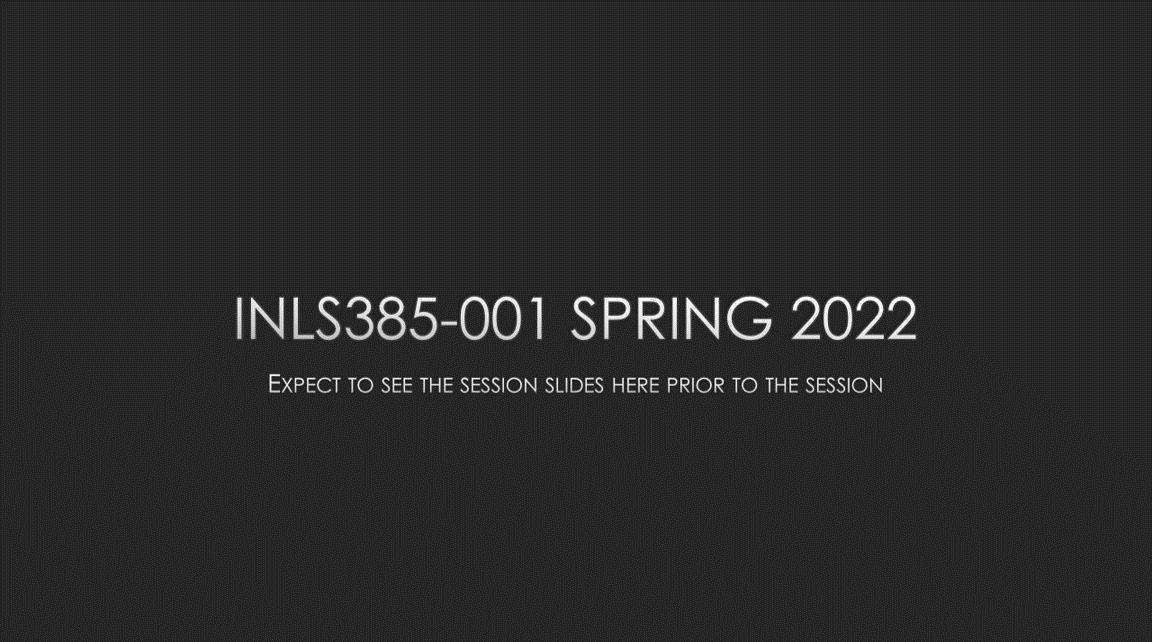SESSION 25
TECHNOLOGY AND ITS IMPACT WITHIN ORGANIZATIONS
TECHNOLOGY AND ITS IMPACT WITHIN ORGANIZATIONS
Read to prepare yourselves for some discussion

Interactive technologies will be central to engaging people at work and enhancing their creativity and productivity. AI will improve the level of work people do by automating more mundane, administrative tasks. But none of this works without providing the training for employees to acquire new digital skills.
There is no secret that pulling together a collaborative and productive team could be a challenging mission. In fact ... it’s becoming harder and harder to increase overall team performance. And as you can guess, low productivity negatively impacts companies in terms of revenue, employee engagement, work quality, and more. But the good news is that businesses can influence and revamp their productivity in many ways. For instance, they can do it with the help of technology.
Metaphorically, it pays to reimagine and reshape our environments in ways that make healthy habits a downhill rather than an uphill climb. In the workplace, individual employees can play a role in cocreating positive technological environments. But, ultimately, leaders of organizations should play an active role in spearheading such design efforts and taking an evidence-based approach to learning what works, and continually improving on it.
You don't have to read these unless you wish to, but we might touch upon them in conversation

Organizational culture comprises a set of social norms that implicitly define what are appropriate or inappropriate behaviorswithin the boundariesof the organization. Organizational culture is not necessarily homogeneous across all areas of the organization. While some of the normswill permeate the entire organization, different groupswithin the organization might develop their own sub-cultures. Assessing an organization’s culture is not an easy enterprise, due in part to the fact that the actual underlying values and norms do not necessarily correspond with the officially espoused ones,
Studies of corporate IT spending consistently show that greater expenditures rarely translate into superior financial results. In fact, the opposite is usually true.
The impact of AI on the future of work should be framed in terms of tasks, not jobs, automated by AI. AI substitutes some tasks, complements others, and creates new tasks. How this complex interplay of substitution, complementarity, and creation rebundles tasks into existing or new jobs remains uncertain. For this, we must take account of social and professional norms over and above technological feasibility.
(Learning Analytics) and data-enabled surveillance can begin as tools for social good but slide into morally suspect territory, especially in immersive institutions with fiduciary responsibilities like (higher education institutions). Institutional interests and student interests are not identical, and we should not assume they align.
things we'll talk about

something to take away
We at NPR Music leave a lot of variables out in the wild when we make Field Recordings. That's especially true when we commission new music for the annual Make Music New York festival, as we have for three years.
Since we're not using a traditional stage and people are roaming around, we don't know exactly what the performance will sound like (though we're lucky to work with fantastic engineering colleagues). It's always held outdoors, and we can't be sure what the weather will be.
And in two of these three years - the first and this one - we've flung the doors open and invited anyone who wanted to perform to come play alongside professionals. Pretty risky, right?
But what we've found, and what is so incredibly gratifying, is that amazingly talented and generous people join in - this year, about 350 of them on the steps of the Brooklyn Public Library. With a new piece by Sunny Jain of Red Baraat, the beat and the heart were there already, but the spirit burst to life when all those musicians came out to play.